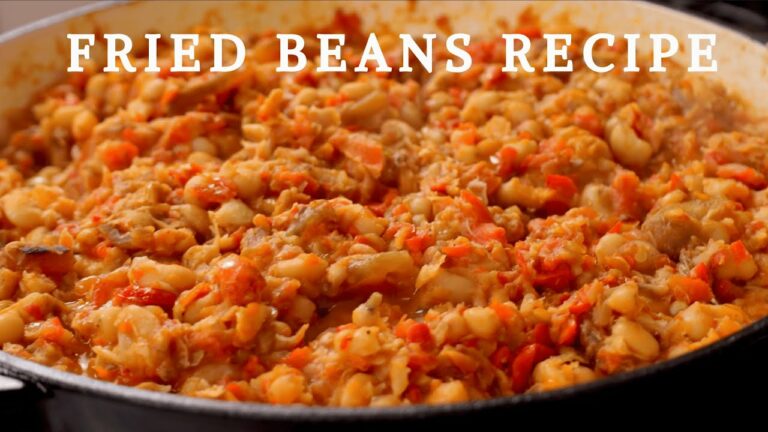
Okra soup, a staple in Nigerian cuisine, evokes strong opinions across the country. Some adore its unique texture and flavor, while others are put off by its slimy consistency. This love or hate affair with okra soup runs deep in Nigeria, where food preferences often reflect personal experiences, regional influences, and family traditions. The complexity of okra soup goes beyond just taste, it touches on texture, cooking style, and cultural significance, making it one of the most polarizing dishes in Nigerian food culture.
The Unique Texture of Okra Soup
One of the most defining characteristics of okra soup is its slimy texture. For those who love okra soup, this texture is its main appeal. The mucilaginous quality of okra helps the soup become thick and smooth, which pairs perfectly with Nigerian swallows like fufu, eba, or pounded yam. However, for those who dislike the soup, this same texture can be off-putting, often described as too sticky or slippery to enjoy. The texture debate is frequently the first point of contention when discussing why okra soup is a love or hate affair in Nigeria.
Regional Influence on Okra Soup Preferences
Nigerians’ opinions on okra soup also vary significantly by region. In the southern and eastern parts of Nigeria, okra soup is a beloved dish and a staple at family meals. In these regions, it is frequently prepared with palm oil, seafood, and sometimes meats like goat or beef, making it a rich and hearty meal. In contrast, some northern Nigerian communities don’t have the same cultural connection to okra, and therefore, it doesn’t feature as prominently in their cuisine. This regional divide plays a major role in shaping whether one develops a fondness or distaste for okra soup early on.
Variations in Cooking Styles
The way okra soup is prepared can also determine how it is perceived. In Nigeria, there are many variations of okra soup, each prepared differently depending on the region or family traditions. Some people prefer their okra finely chopped to maximize the slimy texture, while others add chunks of okra to reduce the sliminess and create a more textured soup. Additionally, the ingredients added to okra soup, like fish, meat, and seasoning, also play a role in the dish’s overall appeal. The preparation method can elevate the dish for some or push others further away from enjoying it.
Okra Soup’s Cultural and Nutritional Value
Beyond its taste and texture, okra soup holds significant cultural and nutritional value in Nigeria. For many, the soup is a comfort food, reminding them of home and family gatherings. It is also highly nutritious, packed with vitamins and fibre from the okra, as well as protein from the meats and seafood typically used. Despite this, those who aren’t fond of the soup’s sliminess may not appreciate its health benefits, further fuelling the love or hate relationship many Nigerians have with it.
Why Okra Soup is More Than Just a Meal
For some, okra soup is more than just a dish, it is a symbol of culture and tradition. Its divisive nature often sparks friendly debates at Nigerian dining tables, and whether you love or hate it, okra soup holds an undeniable place in the country’s culinary landscape. The polarizing texture, regional influences, and various preparation methods all contribute to why okra soup is such a love or hate affair in Nigeria. Ultimately, the debate surrounding okra soup reflects broader discussions about Nigerian food, culture, and the deeply personal connection people have with the meals they grew up eating.
Discover more from Amebo Media
Subscribe now to keep reading and get access to the full archive.




